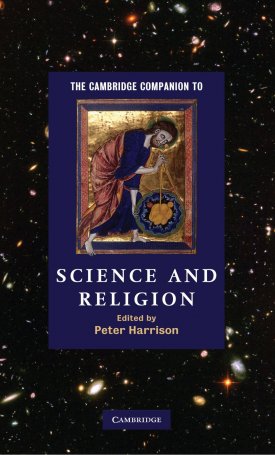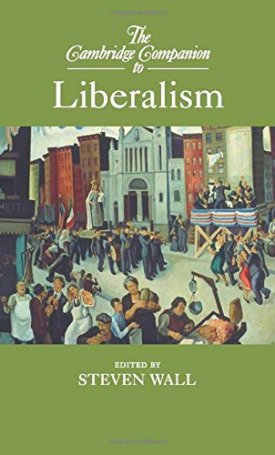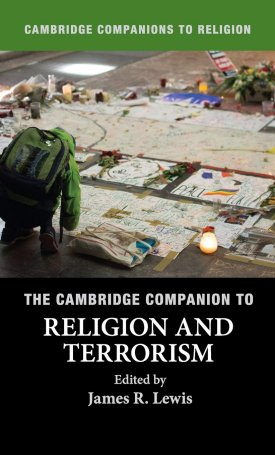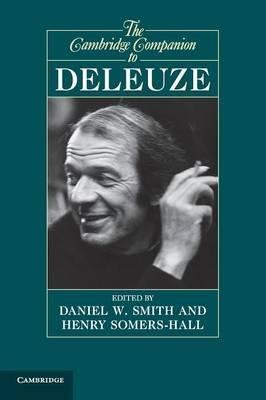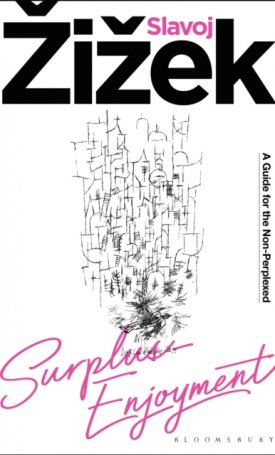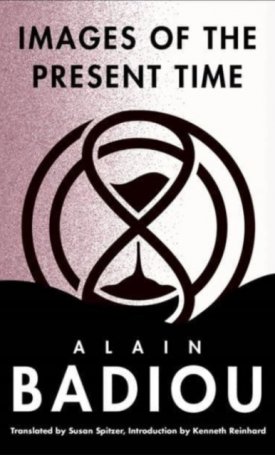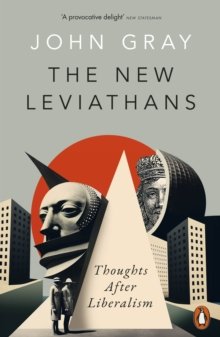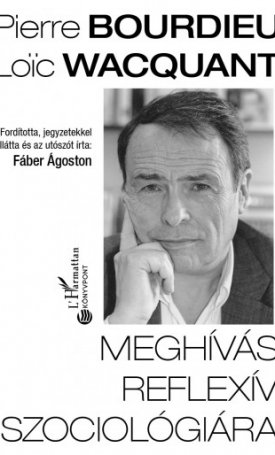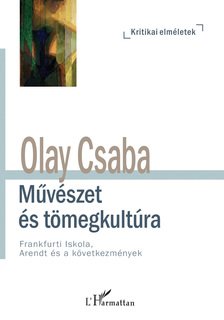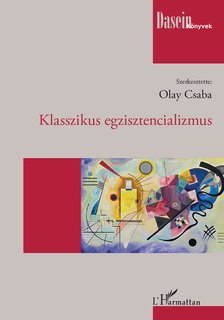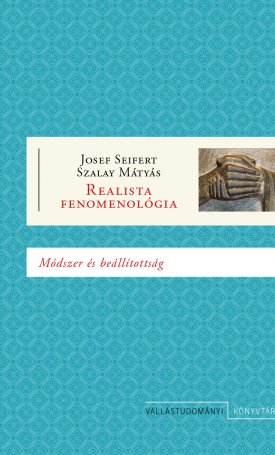The Cambridge Companion to Gadamer
The Cambridge Companion to Gadamer
Hans-Georg Gadamer (b. 1900) is widely recognized as the leading exponent of philosophical hermeneutics. The essays in this collection examine Gadamer`s biography, the core of hermeneutical theory, and the significance of his work for ethics, aesthetics, the social sciences, and theology. There is full consideration of Gadamer`s appropriation of Hegel, Heidegger and the Greeks, as well as his relation to modernity, critical theory and poststructuralism.
-The dominant figure in twentieth-century philosophical hermeneutics
- Read widely outside philosophy in such fields as literary and religious studies
Contents
1. Introduction Robert J. Dostal; 2. Gadamer: the man and his work Robert J. Dostal; 3. Gadamer`s basic understanding of understanding Jean Grondin; 4. Getting it right: relativism, realism and truth Brice Wachterhauser; 5. Hermeneutics, ethics and politics Georgia Warnke; 6. The doing of the thing itself: Gadamer`s hermeneutic ontology of language Günter Figal; 7. Gadamer on the human sciences Charles Taylor; 8. Lyric as paradigm: Hegel and the speculative instance of poetry in Gadamer`s hermeneutics J. M. Baker, Jr.; 9. Gadamer, the hermeneutic revolution, and theology Fred Lawrence; 10. Hermeneutics in practice: Gadamer on ancient philosophy Catherine H. Zuckert; 11. Gadamer`s Hegel Robert B. Pippin; 12. Gadamer`s relation to Heidegger and phenomenology Robert J. Dostal; 13. The constellation of hermeneutics, critical theory and deconstruction Richard J. Bernstein.
Series: Cambridge Companion
Editor: Dostal, Robert J.
Category: Filozófia / 20.-21. század, Sorozatok / Cambridge Companion






